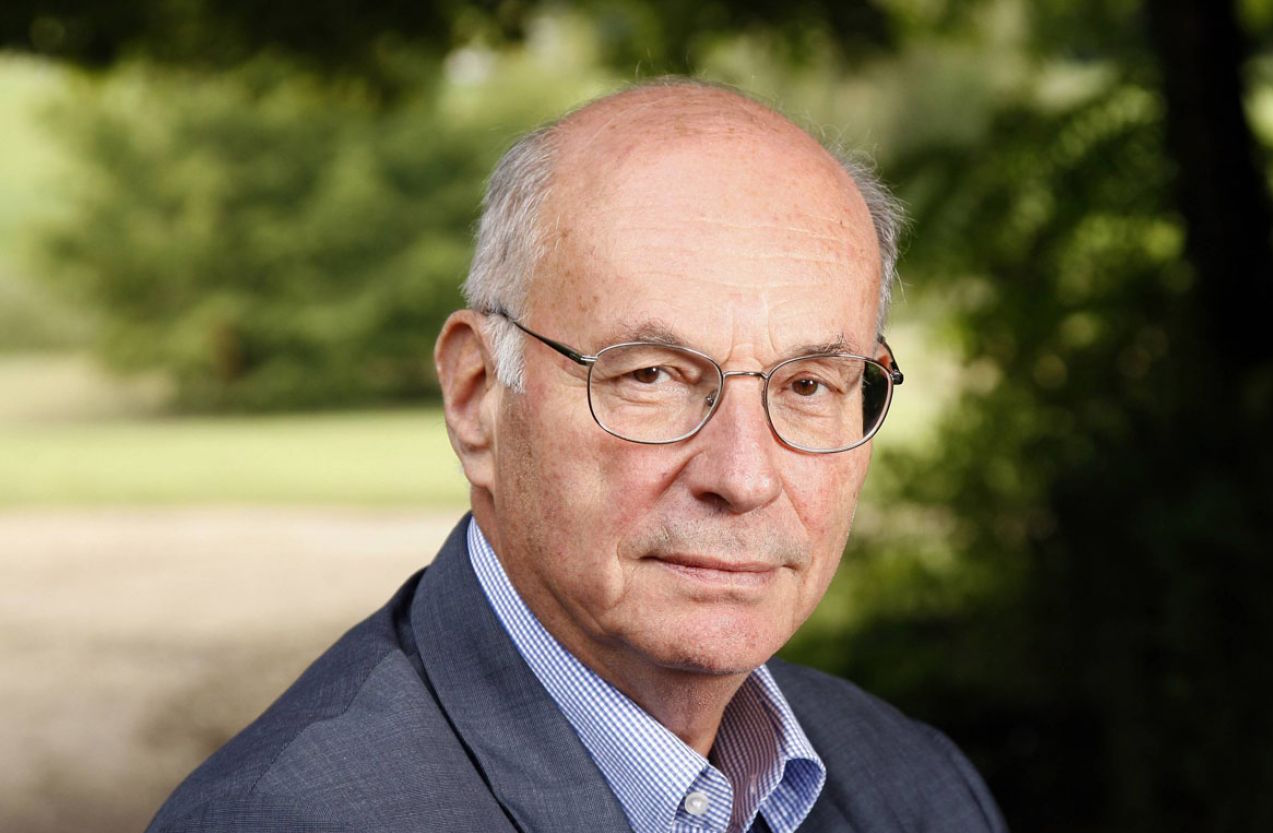Boris Cyrulnik, a pioneer of personal development in France, teaches the art of resilience. He shares his methods for overcoming traumatic states, often linked to childhood traumas and rebuilding oneself from suffering. The neuropsychiatrist, who has experienced the shattering of life, and is the author of numerous books, including recently “Of Souls and Seasons” (2021), looks back at what he believes underpins and triggers this mechanism.
‘Whatever doesn’t kill me makes me stronger’ Cyrulnik has put what many survivors feel into words.
Resilience is a process that involves a person facing adversity and developing a new interpretation of what they are experiencing or have experienced. Thus, while recognising the problems, the resilient person looks beyond pure repair for positive resources, however modest, that will help them to rebuild their life.
From a perspective, resilience can be defined as a construction process which relies on personal, internal factors and external factors linked to the environment in which the person concerned lives. It is not a fixed or linear variable, nor a mathematical formula, hence its complexity. It is not a fixed or linear variable, nor a mathematical formula, hence its complexity, and it reveals itself as something much deeper than the simple capacity for resistance with which it is sometimes associated. Elements that contribute to resilience include, for example, the feeling of being fundamentally accepted by another person – without this necessarily implying approval of their behaviour -the ability to find meaning in one’s life, self-esteem, or a constructive sense of humour.
Three key points about resilience, according to Boris Cyrulnik
1. Primitive trust
“What emanates from my memories is the trace of primitive confidence that my mother, before our arrest in 1942, had probably already given me… Despite her misfortune, my mother imbued me with the spirit and emotional security that enabled me to seek to escape at the time of my arrest. If, on the contrary, my mother’s misfortune had imbued me with primitive insecurity, I would probably have allowed myself to be deported; I would not have dared to leave the group of children who were going to be deported. Then, all my encounters and readings continued this work of building my self-confidence.
2. Building confidence in life
The first internal resource is self-confidence or neurological and emotional tranquillity, which is only possible if the mother is calm in the last weeks of pregnancy. But let’s remember that everything is resilient… When you don’t find these guardians in your own family, you can find them in a teacher, a writer, or all those emotional supports that you will meet in your life and that will give you peace and make you want to work on the meaning that you will provide to the misfortune that you have experienced. Even a novel can save someone in distress.
Population-based surveys in attachment studies show that security, schooling, and socialisation considerably influence the future of children of abusive parents when it is possible to make sense of what has been experienced. A study by the Apprentis d’Auteuil shows that out of 170 abused children taken into care by the Catholic foundation, none became abusers. It is the responsibility of society to trigger resilience.
3. Working on your “peace of mind
We chemically calm ourselves by practising meditation, praying, walking, or painting. Everyone can intentionally trigger these little flashes of endorphins, these hormones of well-being, by going to the theatre, by listening to music, to build a more serene soul. Living daily, seeing the sunrise, and making a child laugh is a pleasure.
Becoming resilient does not make the scar of trauma go away. It is still present but less profound.
In summary, resilience is the capacity of a human being or a community to face difficult experiences and emerge stronger. This is achieved through internal and external factors that lead to acquiring new learnings. Learnings guide the human being or the community to adapt positively to the new reality and to grow. Thus, the scar is always present; it is part of this new life but with a different level of depth.
Thus, resilience still needs to be studied. Because we do not observe it as such, we keep the consequences: life courses that surprise us. People whose lives have been complicated and who remain optimistic, smiling, committed and unpretentious despite this.
His incredible book Resilience: How your inner strength can set you free from the past by Boris Cyrulnik is available on Amazon


